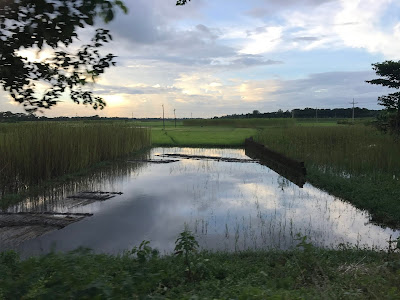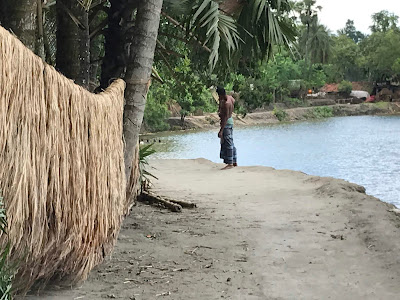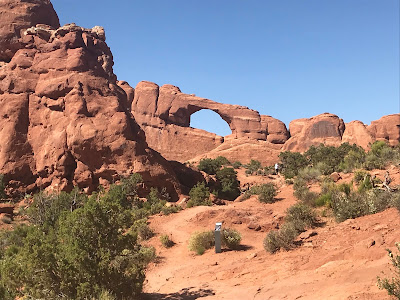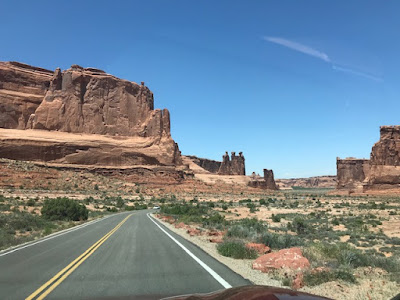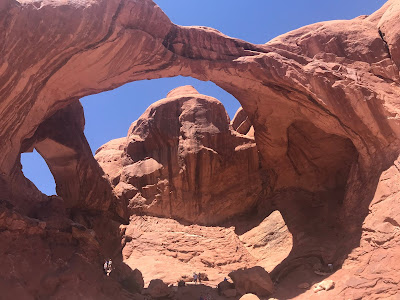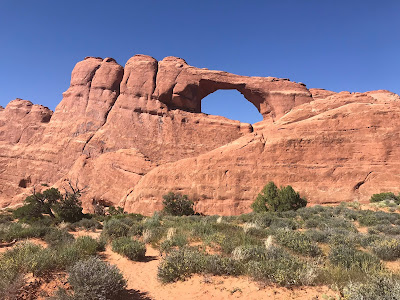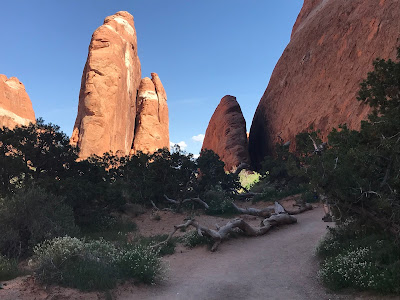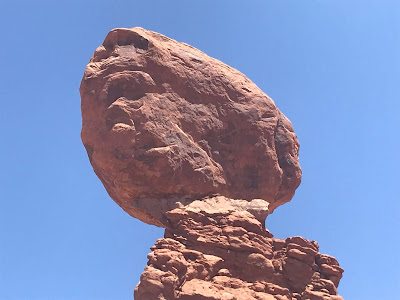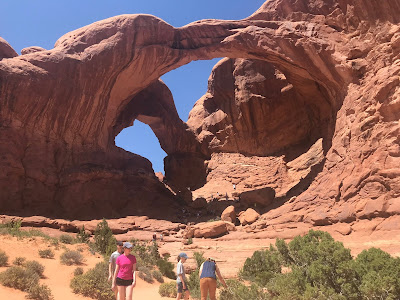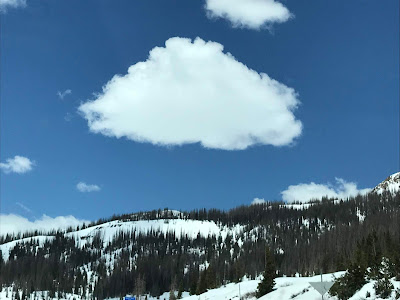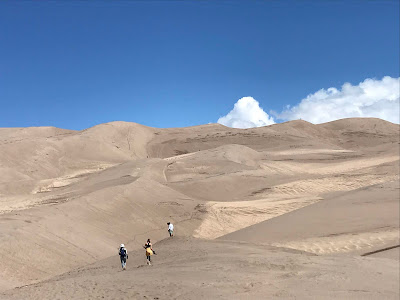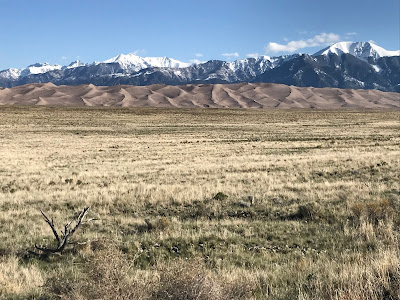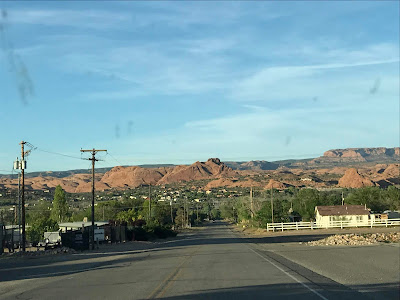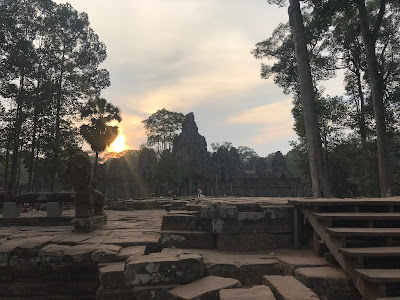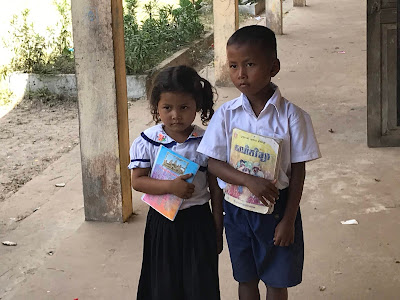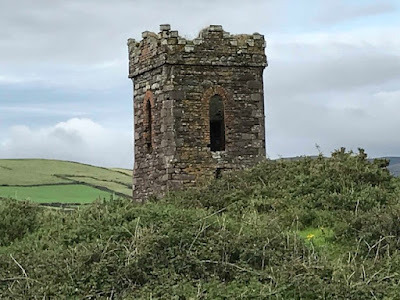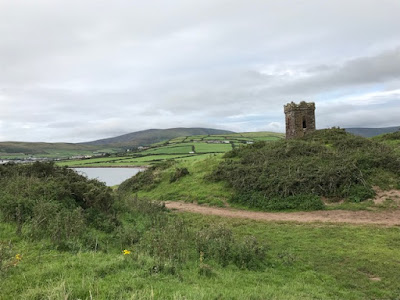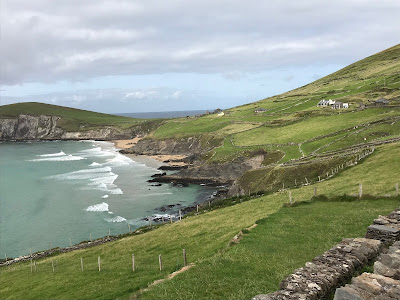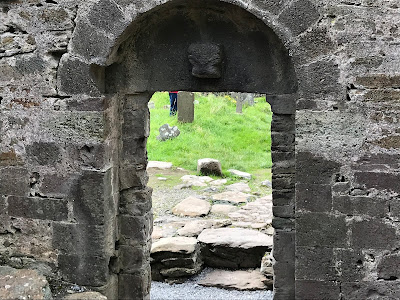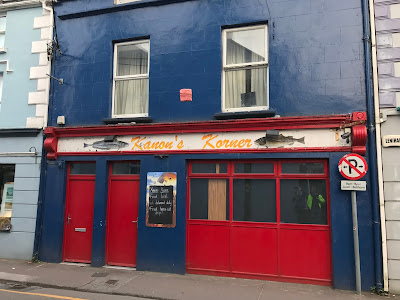Traveling with a photographer for 10 days as I did last month in Cambodia has made me more attuned to light, to the waxing and waning of it, the quality of it. I’d heard of the golden hours, the ones early and late in the day, when light slants low over the landscape and casts a glow. But I was unsure of how far you could push it, how little light you could have to still capture a shot.
Our last full day in the field had us racing to reach a family before dusk. Even I, non-photographer that I am, was biting my nails. Would we get there in time? Would there be enough light left?
I’ve seen the photographs … and there was. The couple we wanted to capture stand arm and arm in the setting sun, the brickyard slag heap reflecting its final rays.
The young woman wears a red checked dress. She’s changed into it for this photograph, though her husband still wears his work clothes, which are streaked with grime and brick dust. This touches me greatly, the efforts she took, her simple gold necklace and flip flops, the way she cupped her stomach, cradling the baby she carries, due next month.
Life goes on; light goes on, too.

